Publications
Articles, publications, books, tools and multimedia features from the U.S. Institute of Peace provide the latest news, analysis, research findings, practitioner guides and reports, all related to the conflict zones and issues that are at the center of the Institute’s work to prevent and reduce violent conflict.
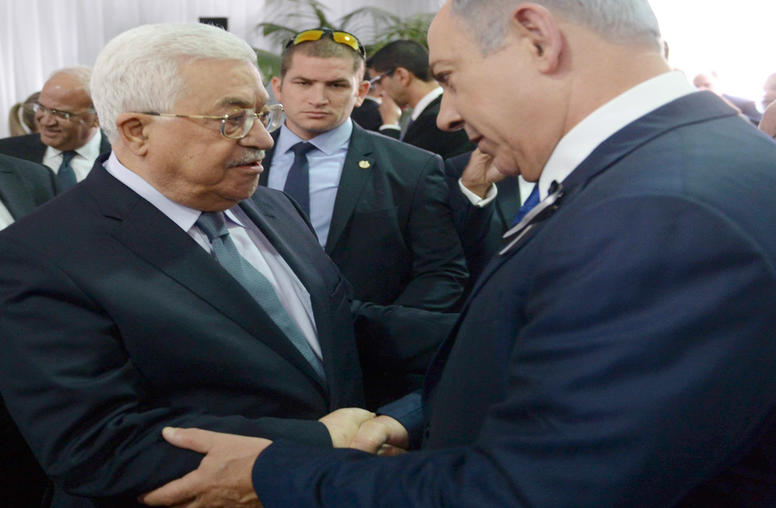
As Abbas Meets Trump, This Time Might Be Different
When President Donald Trump hosts Palestinian President Mahmoud Abbas on May 3, their discussion is bound to pivot on how to get the Palestinians and Israelis back to the negotiating table in a format that will have a better-than-even chance of success. In a March telephone conversation between the two, the new U.S. leader “emphasized his personal belief that peace is possible and that the time has come to make a deal,” according to the White House.
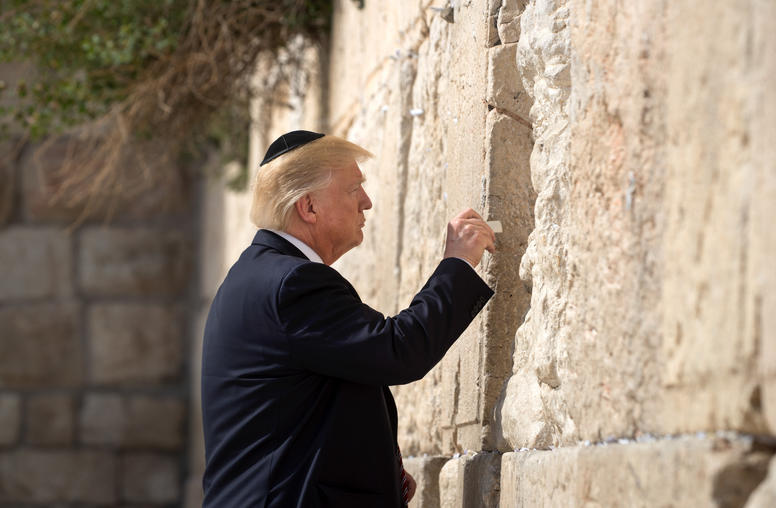
Trump Highlights Religion in Israeli-Palestinian Conflict
With the Israeli-Palestinian conflict a centerpiece of his first official trip abroad, President Donald Trump is staking out some delicate terrain. Unlike his predecessors, Trump has taken the risky step of highlighting the importance of religion to his policy goals with stops in Saudi Arabia, ...
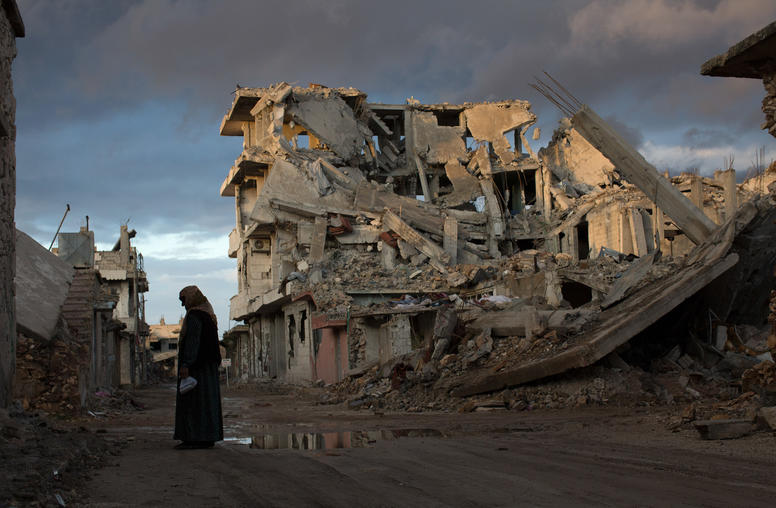
The Middle East: Divided, Dysfunctional
Even before President Donald Trump upended a core U.S. policy recognizing Jerusalem as Israel’s capital, late 2017 has been tumultuous in the Middle East. The Islamic State (ISIS) “caliphate” collapsed. Syria’s Assad regime all but won the six-year civil war, consolidating Iranian and Russian influence. Saudi Arabia purged...
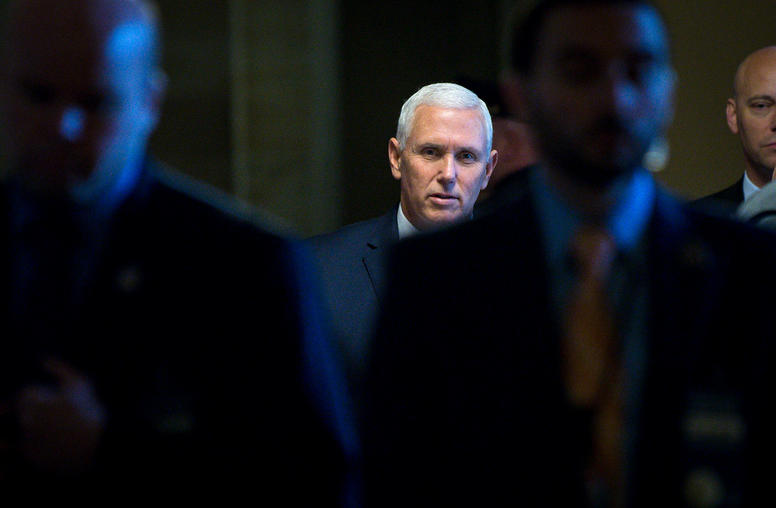
As Vice President Pence Visits the Middle East, Hopes for Diplomacy Languish
Vice President Mike Pence heads to Egypt, Jordan and Israel with little diplomatic quiet, and even less hope, on the Israeli-Palestinian front. President Abbas has declared the Oslo peace process dead, and the U.S. mediating role over, President Trump has broken with international consensus on Jerusalem, and pointedly not endorsed a two-state solution since coming to office, and Prime Minister Netanyahu has now hedged on his commitment to the end goal of a Palestinian state.
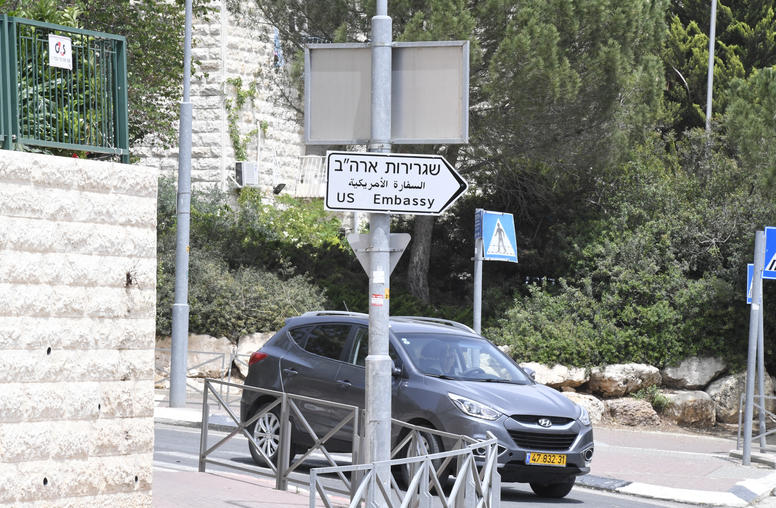
Jerusalem, Gaza, and the Unclear Road to Peace
This week, a perfect storm of politics, mounting despair, and competing narratives of historic memory and grievances converged in Jerusalem and Gaza. The effects have been devastatingly deadly. The implications for Israeli-Palestinian peace are profound.
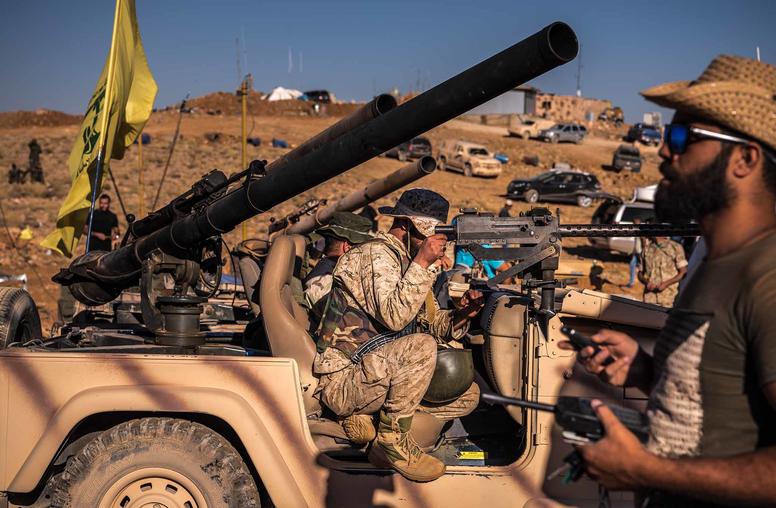
Iran and Israel Are Racing Toward Confrontation in Syria
Ties between Tehran and Damascus have been close since the 1979 revolution, but the relationship deepened after Syria’s civil war erupted in 2011. With the Assad regime’s survival at stake, Tehran doubled down on its support, providing critical military assistance—fighters and strategists—and economic aid estimated to be in the hundreds of millions of dollars.
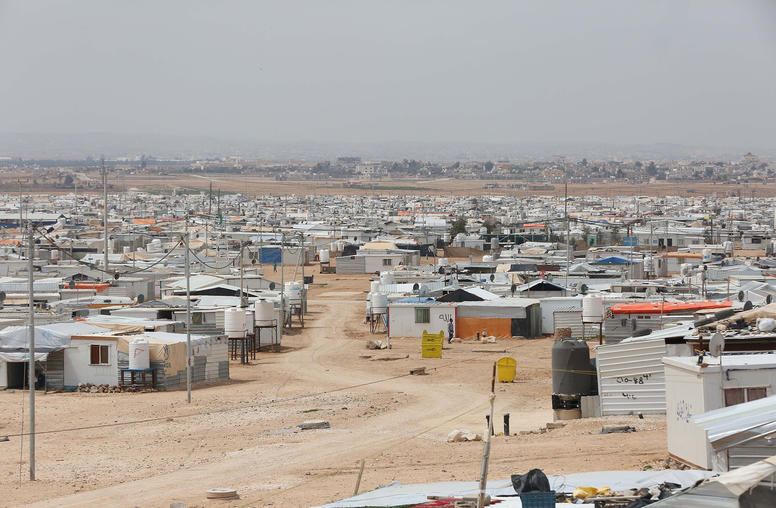
Regime Offensive Aims to Retake Southwest Syria, Displaces Thousands
Over the past two weeks, the Syrian government has embarked on a military offensive across Syria’s southwest, focused on retaking the city of Dara’a. Russia has played a critical role, backing the operations with airstrikes. The United Nations estimates that at least 160,000 Syrian civilians have been displaced by the fighting, and the number could increase as the battle intensifies.
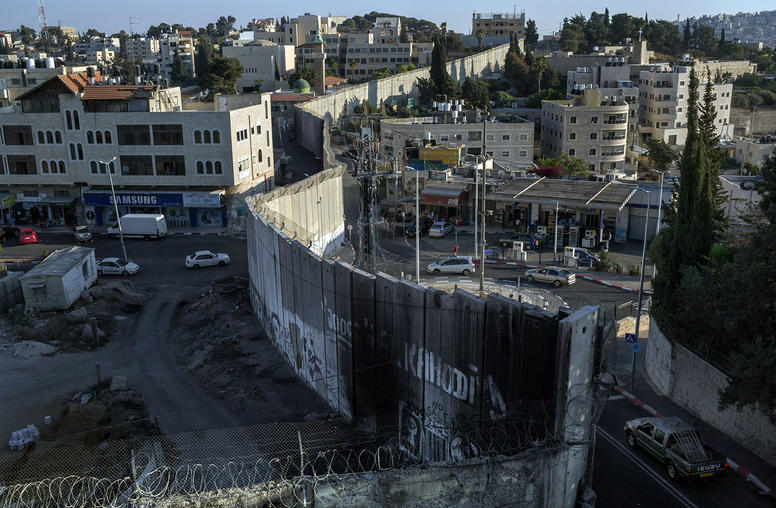
The Israeli-Palestinian Conflict: The Danger of ‘No Solution’ Messaging
Israeli Prime Minister Naftali Bennett has made it clear that he has no interest in reviving the Israeli-Palestinian peace process. In a recent interview, he affirmed his longstanding position that he “opposes a Palestinian state and will not allow talks on the line of a Palestinian state.” Echoing Bennett, Israel’s more moderate Alternate Prime Minister Yair Lapid — set to take over in August 2023 — says he, too, will not seek peace talks once he takes office, despite his stated support for a two-state solution.
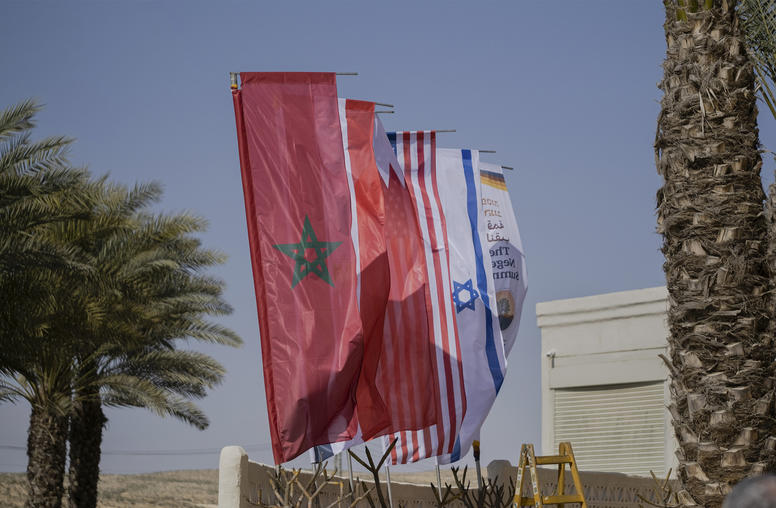
The Negev Summit Furthers Arab-Israeli Normalization
Earlier this week, the top diplomats from Egypt, Morocco, Bharain, the UAE and the United States arrived in Israel at the invitation of Israeli Foreign Minister Yair Lapid for what was named the Negev Summit. Building on the normalization breakthrough started by the 2020 Abraham Accords, the summit marked a significant diplomatic shift for the region — especially as concerns mount over the fallout from Russia’s invasion of Ukraine. USIP’s Lucy Kertzer-Ellenbogen and Ambassador Hesham Youssef look at what happened at the summit, how the topics of Iran and Russia were addressed, and what this means for the Israeli-Palestinian peace process going forward.
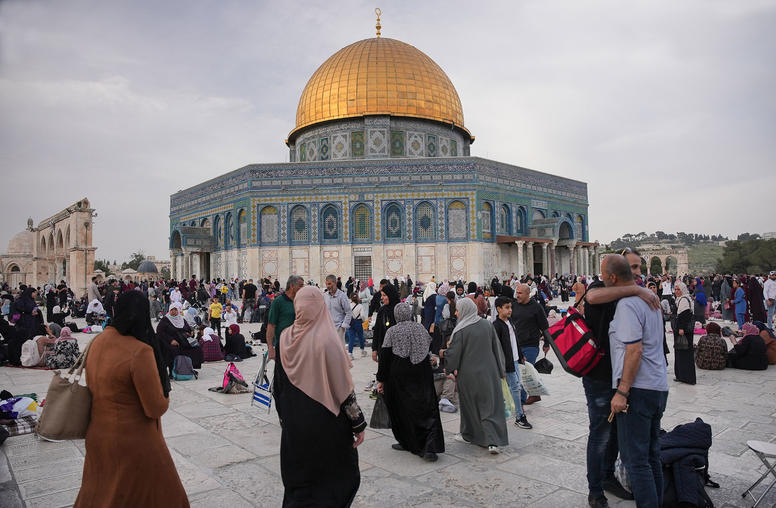
‘Firefighting’ Diplomacy Will Not Achieve Peace Between Israelis and Palestinians
The good news is that there are intensive regional and international efforts to avoid another Israeli-Palestinian war. The preventive effort has been extensive, and the United States seems to be carefully monitoring the situation. The bad news is the reconfirmation of what most already know: the Israeli-Palestinian status quo is volatile and not sustainable. The resulting successive wars only take us many steps further away from peace.